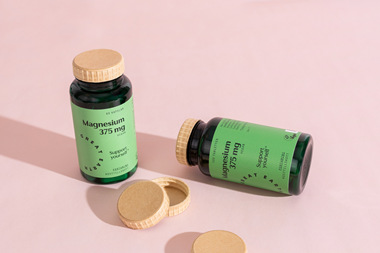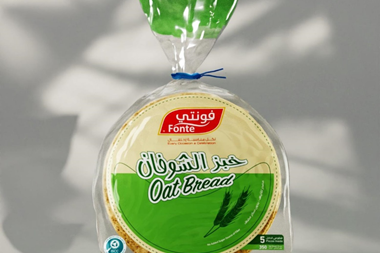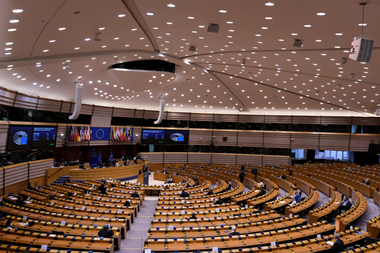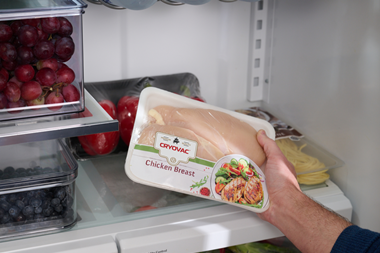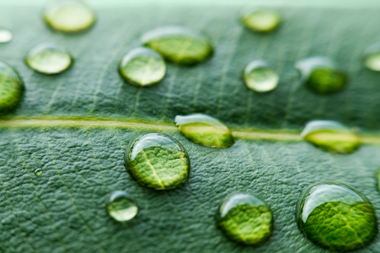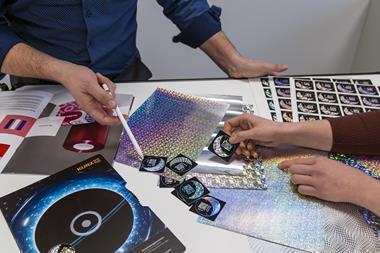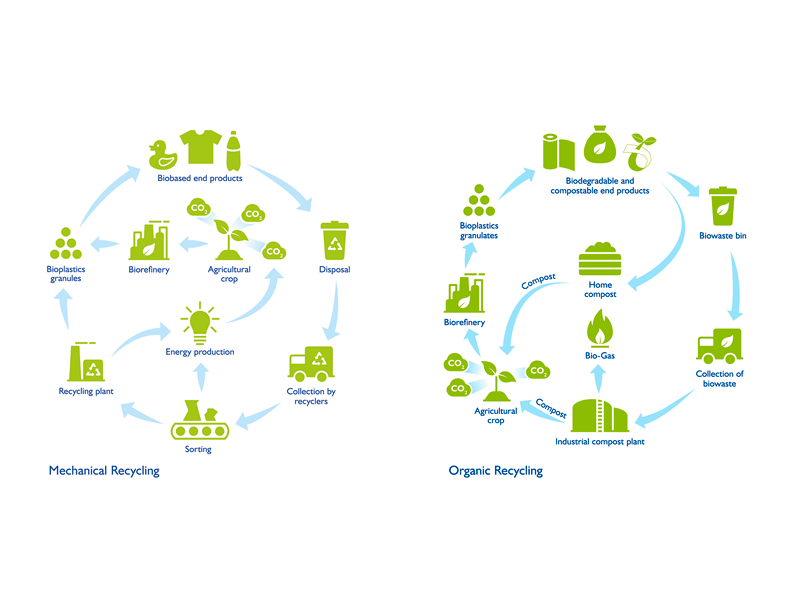
In a new position paper, FKuR Kunststoff GmbH offers its viewpoint on the use of biobased and biodegradable plastics, and their contribution to a circular economy.
As part of the current discussions regarding the ecological sense and consequences of the use of plastics, biobased as well as biodegradable plastics are taking on an as yet unidentified special status.
As a responsible manufacturer and marketer, FKuR confirms both product groups have a great potential to meet the demands of the current EU directives in addressing this issue. The company emphasises the excellent suitability of biobased thermoplastics for conventional material recycling, while it sees biodegradable plastics as an efficient and proven solution for those applications where this property generates added value for the end product.
Carmen Michels, Managing Director of FKuR, said: "For decades, plastics have made a significant contribution to better living conditions, more sustainable products and waste prevention with their unique combination of light weight, versatility, performance, durability and cost-effectiveness. However, in the face of their omnipresence, industry, commerce and consumers alike are challenged to use, reuse, dispose of, recycle them and ultimately properly utilise them in a responsible way. Biobased and biodegradable plastics offer attractive opportunities to meet all aspects of this requirement.“
Closing loops with bioplastics
A key element of the European Commission's Circular Economy Package published in December 2015 is the shift from a linear economic model to a circular economy. As a result, at the beginning of 2018 the Commission developed a "EU Strategy for Plastics in the Circular Economy“. According to these plans, from 2030 all plastic packaging on the EU market will be recyclable and the consumption of disposable plastics will be reduced.
For Patrick Zimmermann, Director of Sales & Marketing at FKuR, bioplastics play a key role in the implementation of the EU directives: "Especially with drop-in bioplastics it is possible to implement sustainable concepts in two ways, firstly the bioplastic product itself is made from renewable raw materials and secondly, it can be recycled after use via existing recycling systems.
Thus, not only are fossil resources saved but packaging, for example, can also become a valuable material for the manufacture of other products. We therefore warmly welcome the EU's request to the Member States to support the use of biobased materials in the manufacture of packaging and to improve the market conditions for such products.“
Organic and matrial recycling are workable ways
For bioplastics, both material and organic recycling can prove useful.
- The resource-saving material recycling established for conventional (petroleum-based) plastics can also be used, without any restrictions, for the biobased alternatives which are often used as direct drop-in products (such as Bio-PE or Bio-PET). Recyclates can be returned to the recycling cycle as often as possible products can be used and, in the end, will have to be ultimately used for energy recovery. Thus, biobased plastics can be used to generate renewable energy that does not produce any additional harmful CO2 , a closed CO2 cycle, which is in-line with nature’s model.
- Biodegradable plastics that comply with the standard for industrial compostability (e.g. EN 13432) can be organically recycled. This is particularly useful when plastic products are contaminated with food where material recycling would be unreasonably expensive. Simple and hygienic handling of biowaste using compostable bags for example, ensures that less valuable waste is disposed of via the residual waste bin. This gives the potential to increase the amount of biowaste collected separately, and at the same time, increases the yield of valuable compost. This can be used later as fertiliser for those crops that are at the beginning of this cycle.


